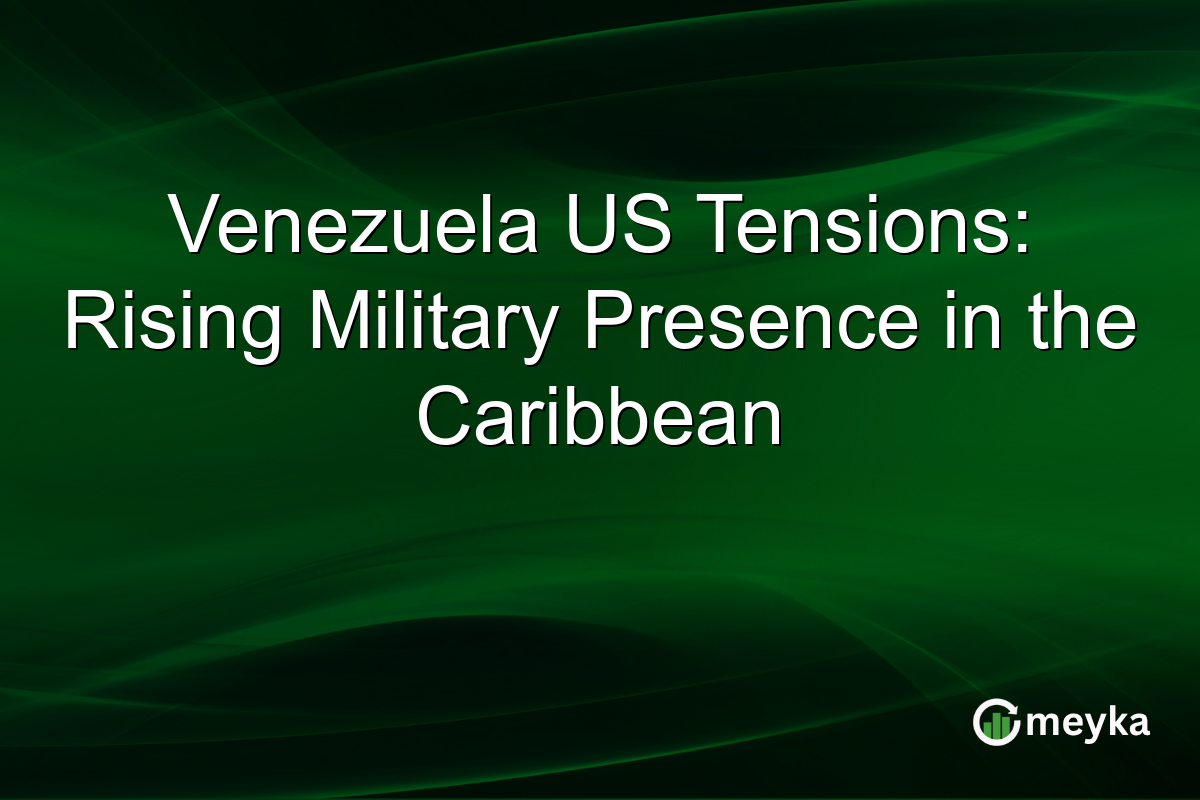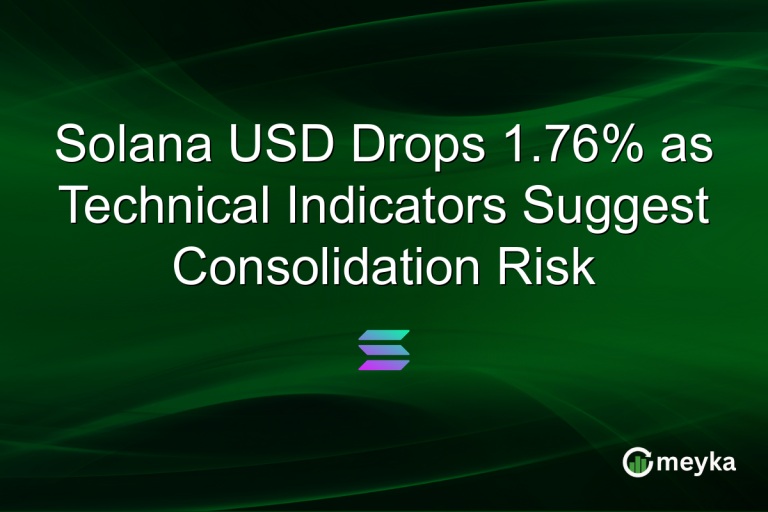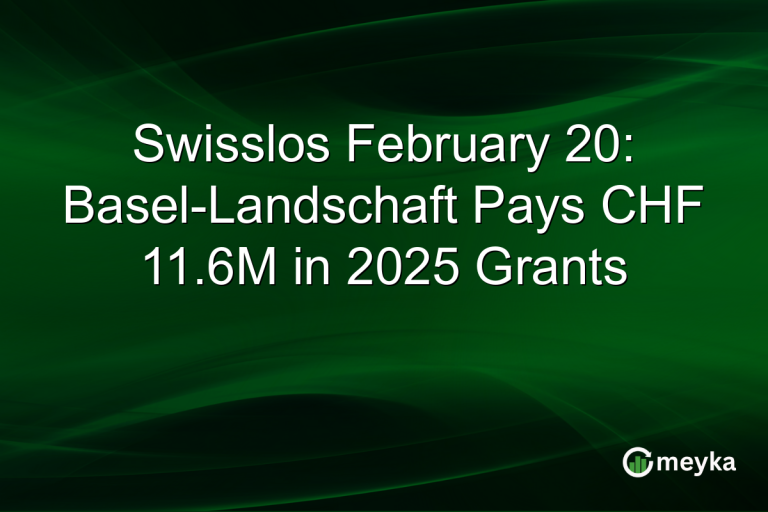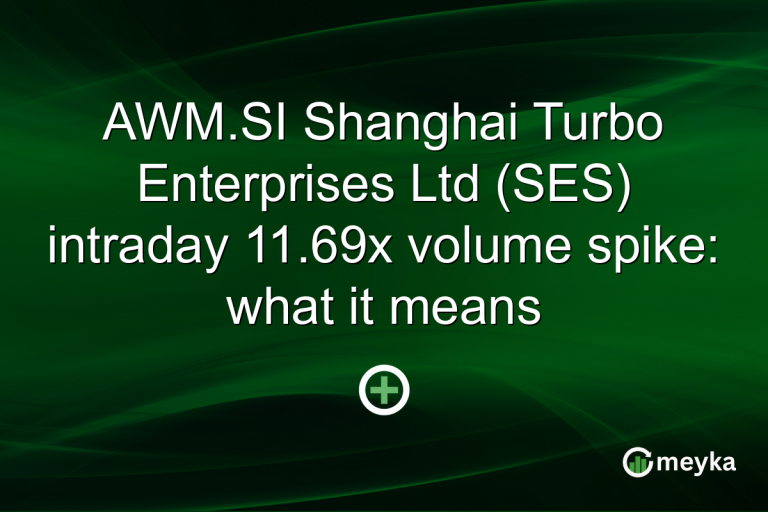Venezuela US Tensions: Rising Military Presence in the Caribbean
Venezuela US tensions are escalating as military activities intensify in the Caribbean. On November 17, the USS Gerald R. Ford entered the region, signaling a significant shift in strategy by the Trump administration. This move aligns with recent actions, such as designating a Venezuelan group as a terrorist organization, which heighten geopolitical instability. Understanding these developments is crucial as they shape international relations and regional dynamics.
Continue Reading on Meyka
This article is available in full on our main platform. Get access to complete analysis, stock insights, and more.
Read Full Article →





